It is often said that Kafka works well with domain driven designs.
Why is it then that Kafka blog posts mostly talk about CQRS or similar - suggesting seperate input and output topics?
It seems like a topic could be about a thing. Why should services 'talk' about that same thing spread out by an implementation detail of who/what is talking?
Isn't this a lot of overhead to protect services from peers that have issues causing them to spam the topic?
I'm hoping for responses that offer pros/cons - why people might think a given thing. Not opinions about the 'right' answer. If this is a better fit for a different SO, I'd appreciate being pointed the right direction.
